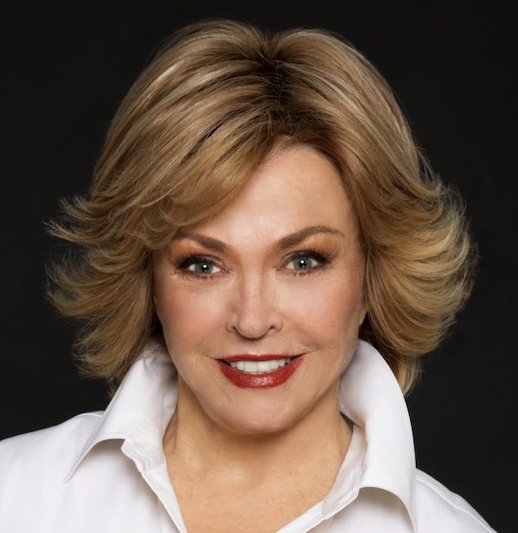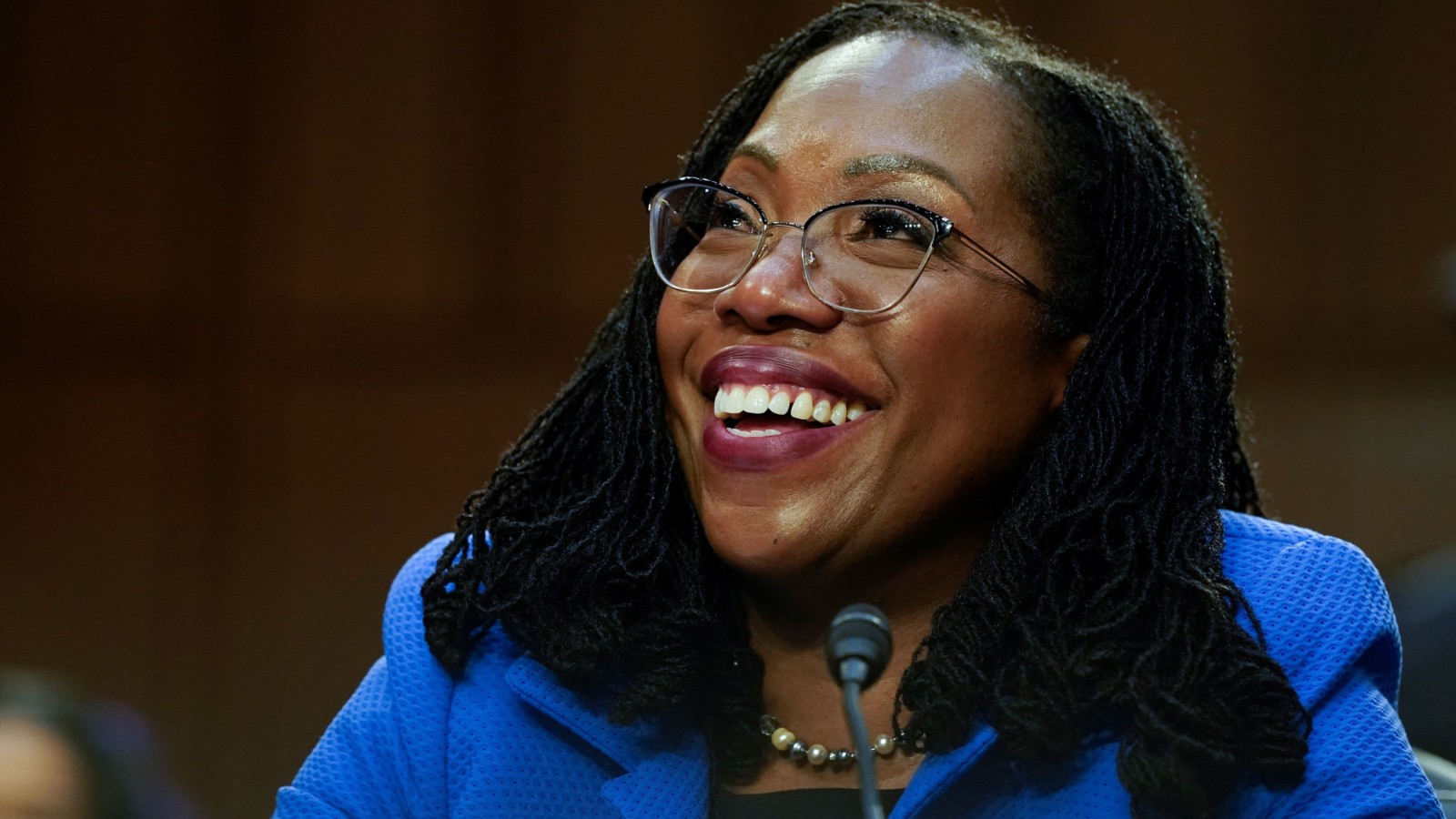Justice Ketanji Onyika Brown Jackson is the first Black woman to be confirmed as a Supreme Court justice of the United States of America. She is also …
The first Supreme Court justice raised by parents who grew up in the Jim Crow South.
The first Supreme Court justice with an African name, given to express pride in the family’s heritage and hope for the future.
The first Supreme Court justice who has served as a public defender.
She’s also a woman who, like so many of us, finds strength, support and yes, joy, in sisterhood. As her Harvard roommate, Lisa Fairfax, said when she introduced her lifelong friend to the Senate Supreme Court confirmation hearing, “There’s so much more to Ketanji beyond her brilliant mind. There’s her wonderful sense of humor, her gift of storytelling, her heart of gold that always shows up, from the first call you make for advice about your career to the first knock you hear on the door after learning you’re diagnosed with cancer.”
“You never have to ask; she is always there. Above all, Ketanji is humble enough not to pretend she knows how to have it all, but she does know how to give it her all. And what she gives to her family, her friends, she also gives to the law and to this country,” added Fairfax.
Beyond her circle of friends, Justice Jackson’s nomination and confirmation, was a long-time coming for so many. As Cory Booker told Jackson in his emotional statement in the hearings, “You got here how every Black woman in America who’s gotten anywhere has done. By being, like Ginger Rogers said, ‘I did everything Fred Astaire did, but backwards, in heels.’ And so I’m just sitting here saying nobody’s stealing my joy.”
On MSNBC, Lawrence O’Donnell made the connection that Justice Jackson’s confirmation was not just history making for who she is, but also for who was involved in the proceedings. He pointed out that her confirmation was presided over by Vice President Kamala Harris, the first Black woman to hold that position, and then signed and certified by Sonceria Ann Berry, the first Black woman secretary of the Senate. The secretary of the Senate is, he noted, “a very important job.” There have only been 34 secretaries in the history of the Senate.
Janette McCarthy Wallace, general counsel of the National Association for the Advancement of Colored People said: “Today, Black women truly are supreme. Over the past few weeks, it has been an incredible privilege to bear witness to the rise of the first Black woman supreme court justice.
“The significance of this moment for the Black community, especially for Black women like me who have spent decades in the legal profession, is tough to overstate… Representation is powerful – now, Black women and girls who dream of reaching the highest levels of our government can see that it is possible.”
Meagan Hatcher-Mays, the director of democracy policy for the grassroots movement Indivisible, summed it up nicely: “It’s not often we can describe a Senate vote as ‘joyous’, but that’s exactly what this was – for the first time in the supreme court’s 233-year history, a Black woman will serve as a justice.”
“I see myself in you,” 16-year-old Samiya A. Williams said last month, reading a letter that was addressed to Jackson during a rally on the steps of the Supreme Court organized by Black women-led groups to support the judge ahead of her confirmation hearings.
“I appreciate that you have a name that people must take their time to pronounce. I appreciate the tight coils in your locs that rhyme with mine, in my braids. I am fueled knowing that the journey it took to get to this place has many similarities to the one I am on right now as a 16-year-old,” Williams continued.
CNN
The day before the rally, Williams told CNN’s Jasmine Wright, “My dreams have just gotten so much bigger, it seems like overnight.”
I encourage you all to take the time to watch Justice Jackson’s speech at the celebration ceremony in which she tearfully reflected on her history-making moment as a milestone in the progress of America: “It has taken 232 years and 115 prior appointments for a Black woman to be selected to serve on the Supreme Court of the United States,” she declared, “But we’ve made it — all of us.”
Onward!
-Pat


